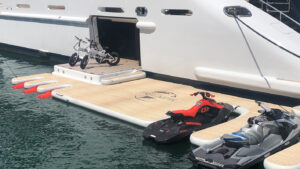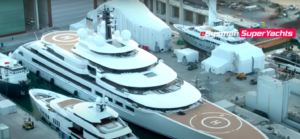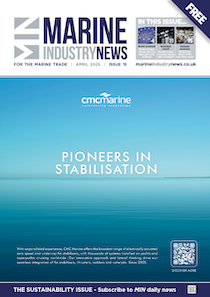New sustainability report urges superyacht fleet to reduce its carbon footprint
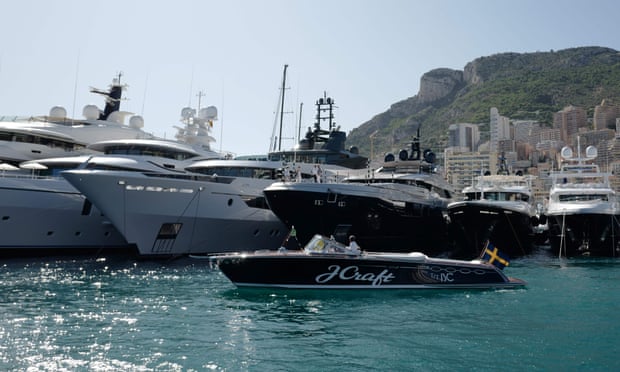
Superyacht refit, repair and maintenance group MB92 has released its second sustainability report, exploring options for how the existing global fleet of over 6,000 superyachts can reduce its significant carbon footprint.
While superyacht builders and designers have been searching for solutions that can take the sector towards a zero-emissions future, there has been less focus on future-proofing the existing fleet until very recently, says MB92. Nevertheless, the report says there are many actions that yacht owners can undertake that can have an immediate impact in reducing their environmental impact.
In preparation for this second report, called “Technology and the Oceans”, MB92 consulted key stakeholders from the industry for a broad discussion on current and future innovations that might help the industry improve its ecological footprint and how the industry can make these necessary upgrades an attractive proposition for owners.
The report highlights the most likely alternatives to diesel as a fuel, how a more holistic approach is required instead of holding out for a silver bullet, and the role of regulations in driving change within the industry.
“We have to be able to solve this situation now,” says Pepe García-Aubert, chairman of the MB92 Group. “If we don’t, we are endangering not only the future of our industry, but the world as we know it today.”
Rob Papworth, operations director at MB92 La Ciotat and moderator of the panel discussions, adds: “A strategic alliance of the key decision makers in our industry must take a collective responsibility to drive our industry forward. In this time of doubt, we must use our strengths as innovators and perfectionists to show that with a shared passion we can drastically lessen our impact on the environment and our oceans. After all, our livelihoods depend on it.”
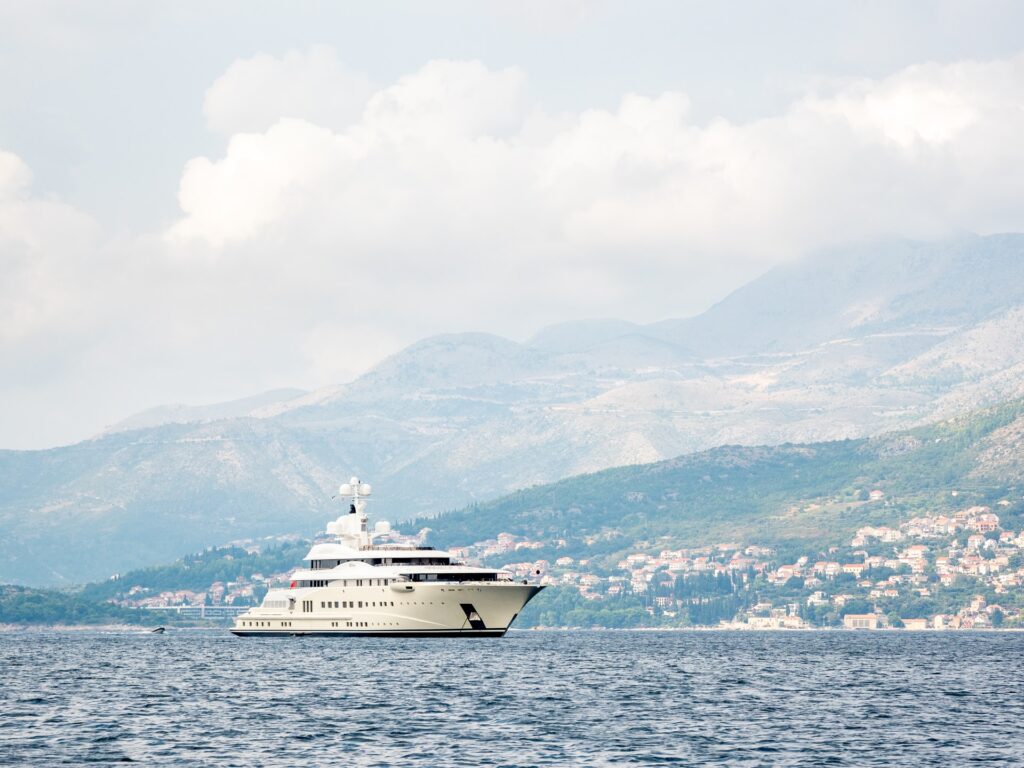
MB92 says it is committed to assuming a leading role in helping yachts become more sustainable. It emphasises that its shipyards are actively investing in providing a more sustainable refit process, from 100 per cent green supplied onshore power, comprehensive waste management, particle filtration systems, and data collection systems to accurately monitor progress.
This second report follows the group’s first publication released in October 2021, The Future of the Oceans: Navigating towards a sustainable superyacht industry, which started the discussion on the challenge facing the industry and path ahead. The report outlined how the next 10 years would be crucial to correct course on sustainability, but a collaborative effort could see the industry bring about the required changes in time.
Below are some of the second report’s main conclusions:
- One key area for the superyacht industry to focus on is reducing emissions when boats are stationary, given that is how over 75 per cent of their time is spent.
- Superyacht designers may need to challenge conventional views on what a superyacht is — its use, spaces and form to meet demands for greater efficiency.
- Refit solutions are available to owners now that can reduce their yacht’s carbon footprint. The industry must do more to encourage owners to act by making compelling arguments and facilitating a smooth transition.
- Engines on existing yachts can be modified to run on fuels that emit less. Biofuels such as hydrogenated vegetable oil (HVO), biomass-to-liquid (BTL) fuel and gas-to-liquids (GTL) fuel can significantly reduce emissions of carbon and particulates.
- Yacht interiors can also be modified to make them more sustainable and easier to recycle. There are alternatives to using teak.
- There are a number of benefits for owners in improving the environmental impact of their yachts (including yacht value, and fuel economy.)
To read the report in full, click here.

